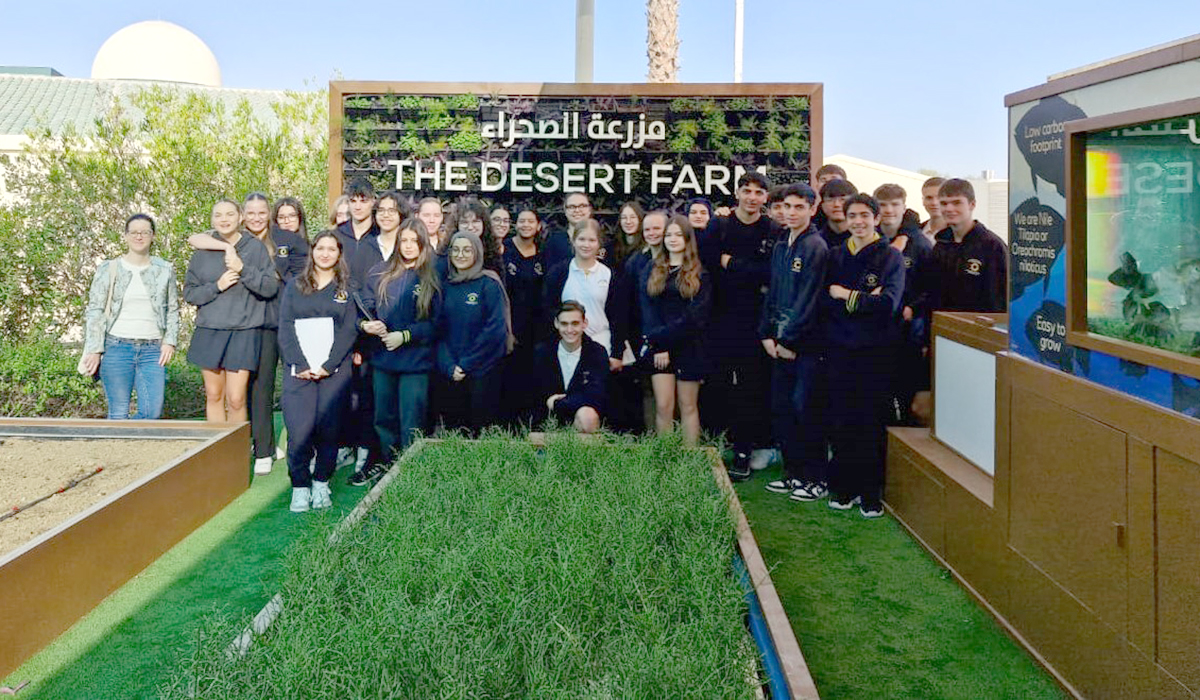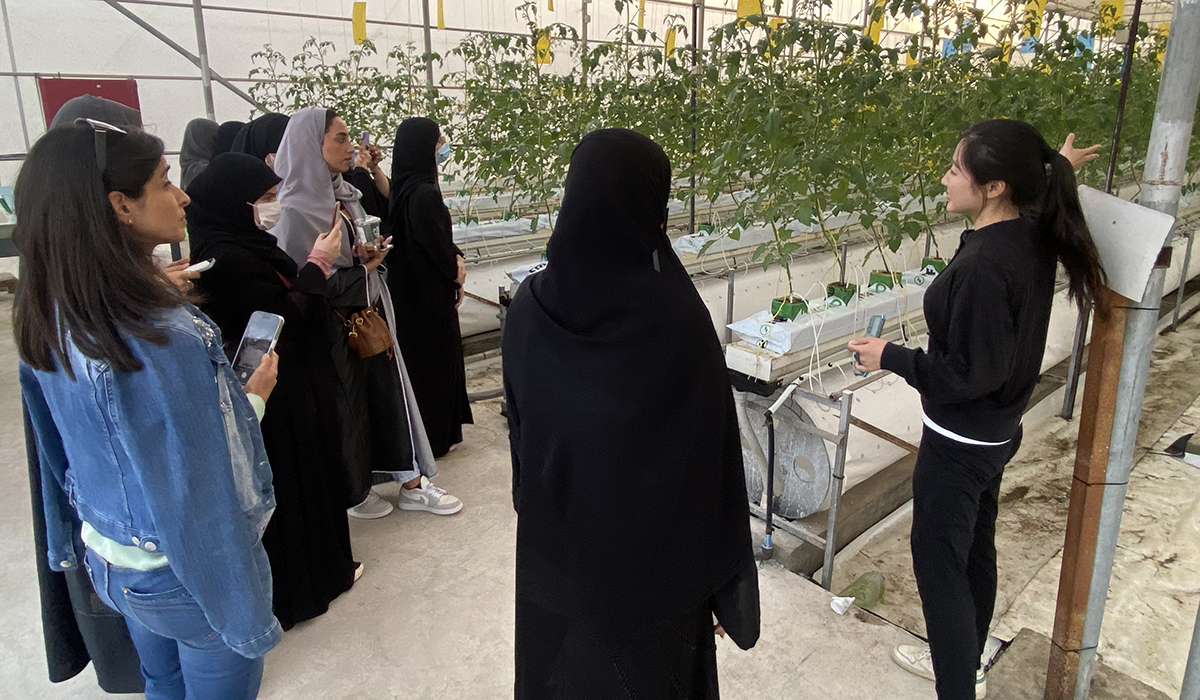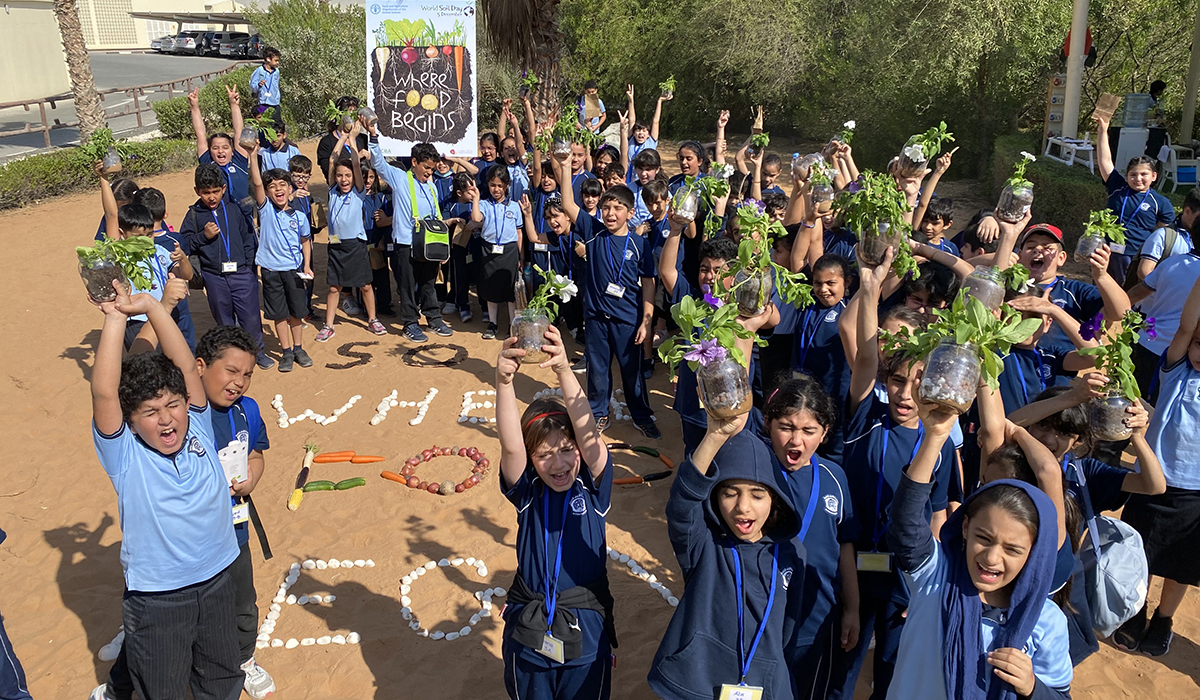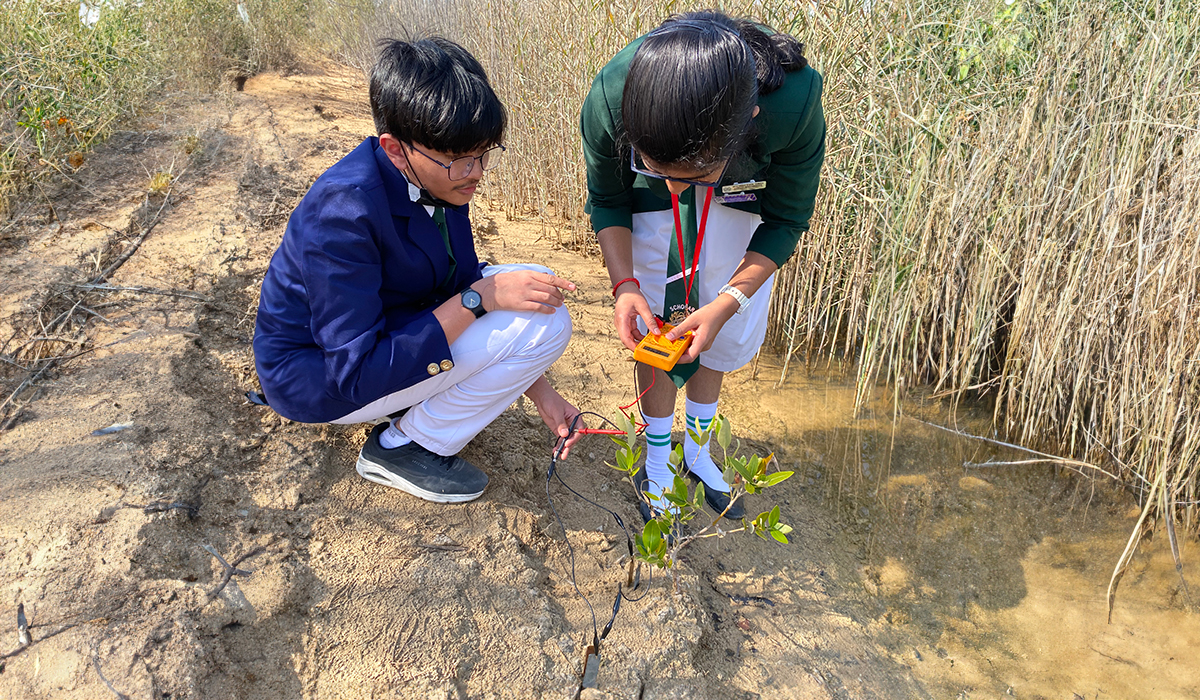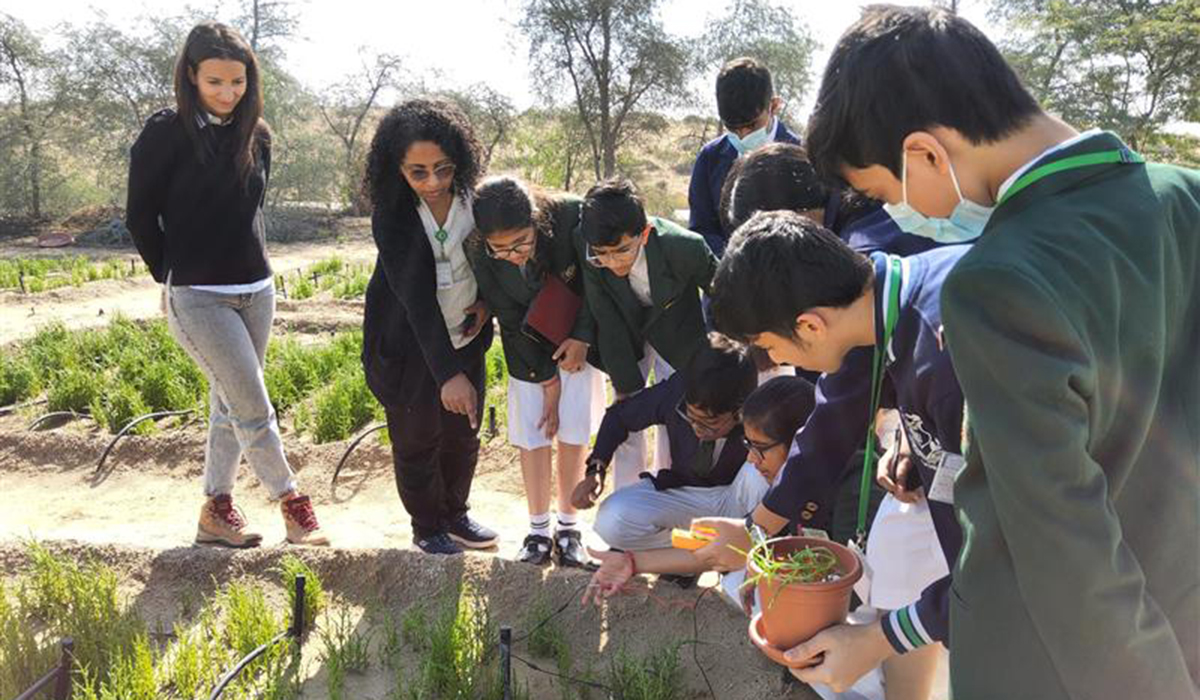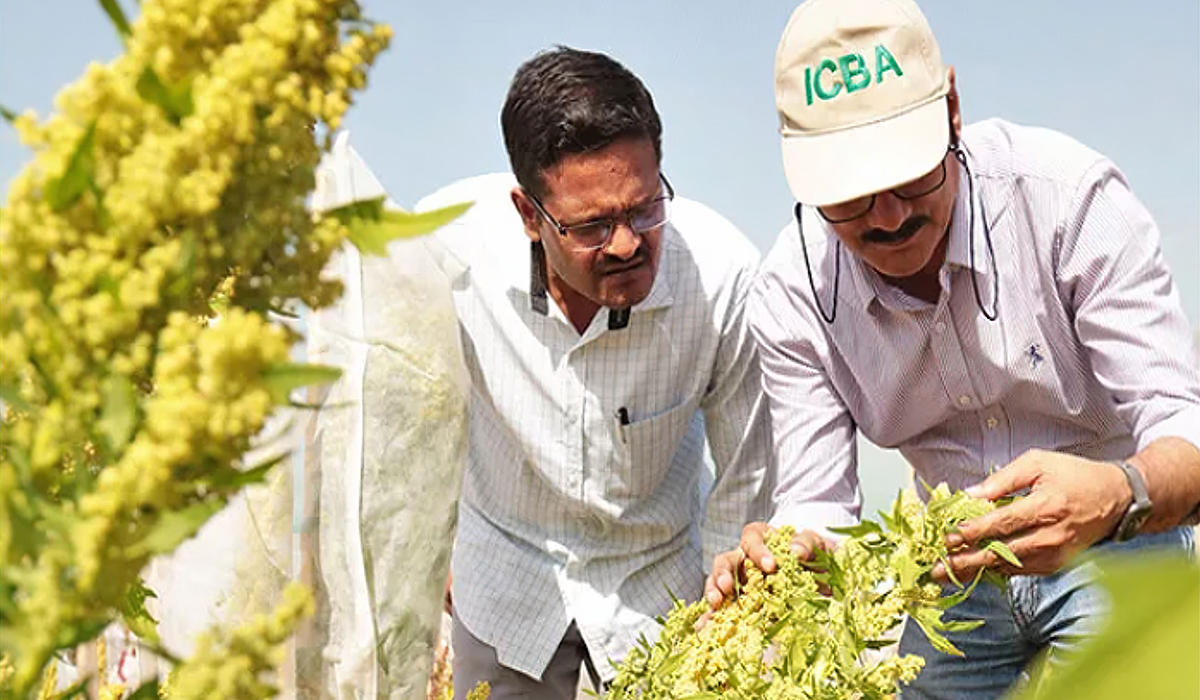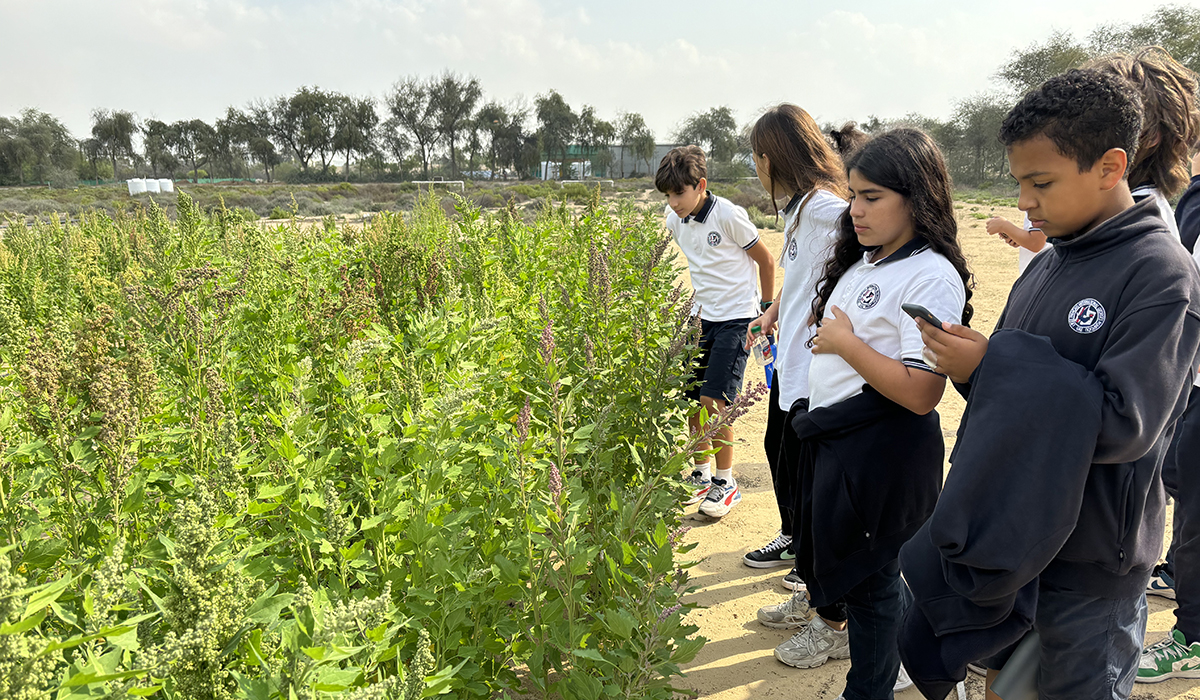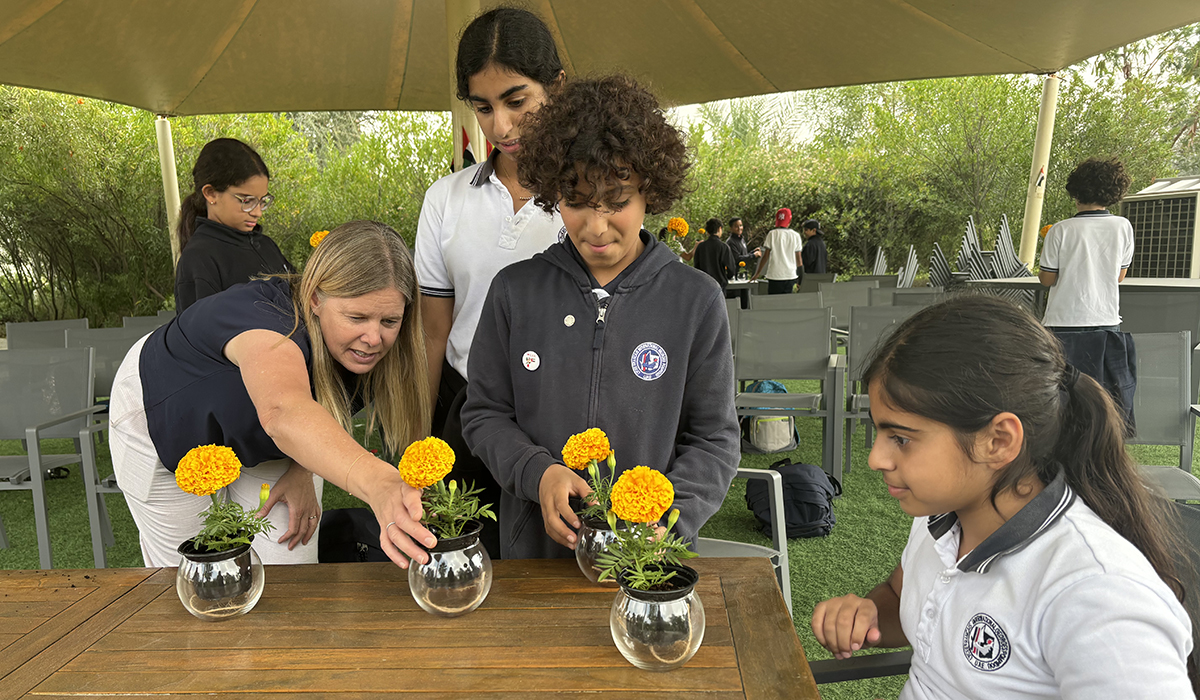This comprehensive workshop delves into the intriguing question of whether it is possible to cultivate food in the harsh conditions of desert environments. Students will explore the remarkable adaptations of plants that allow them to survive and even thrive in such extreme settings, with a special emphasis on edible plants. The workshop will also highlight the innovative techniques used in desert farming, focusing on salt-tolerant plants and halophytes.
By the end of this workshop, students will have developed a deep understanding of how plants adapt to survive in desert environments, with a particular focus on salt-tolerant species and halophytes. They will have explored innovative agricultural practices that make desert farming possible and examined the cellular structures that support these adaptations.
- Guided tour of the Emirates Soil Museum: students learn about the crucial role that soil plays in supporting plant life, particularly in desert regions. They will explore the unique properties of desert soils, including their challenges and how they can be managed for successful agriculture.
- Guided tour of the Desert Farm: students explore innovative agricultural practices at the Desert Farm, where they will learn about sustainable farming techniques in arid environments. This tour demonstrates how advanced methods and resilient crops can thrive in the desert, offering valuable insights into food security and land management.
- Microscopic analysis of plant cells: students engage in a detailed examination of plant cells using microscopes, focusing on the cellular structures that enable plants to adapt to harsh desert climates. Students will identify key features such as specialized cells for water storage and mechanisms that allow plants to tolerate high salt levels.
- Desert farming
- Food security
- Food production technologies and innovations for the desert environment
- Plant structure and function
- Cellular biology
- Desertification
- Salinization
- Marginal environments
- Soil properties
- 70 AED per participant
- Minimum 12 participants
- Age 12+
- 3 hours
